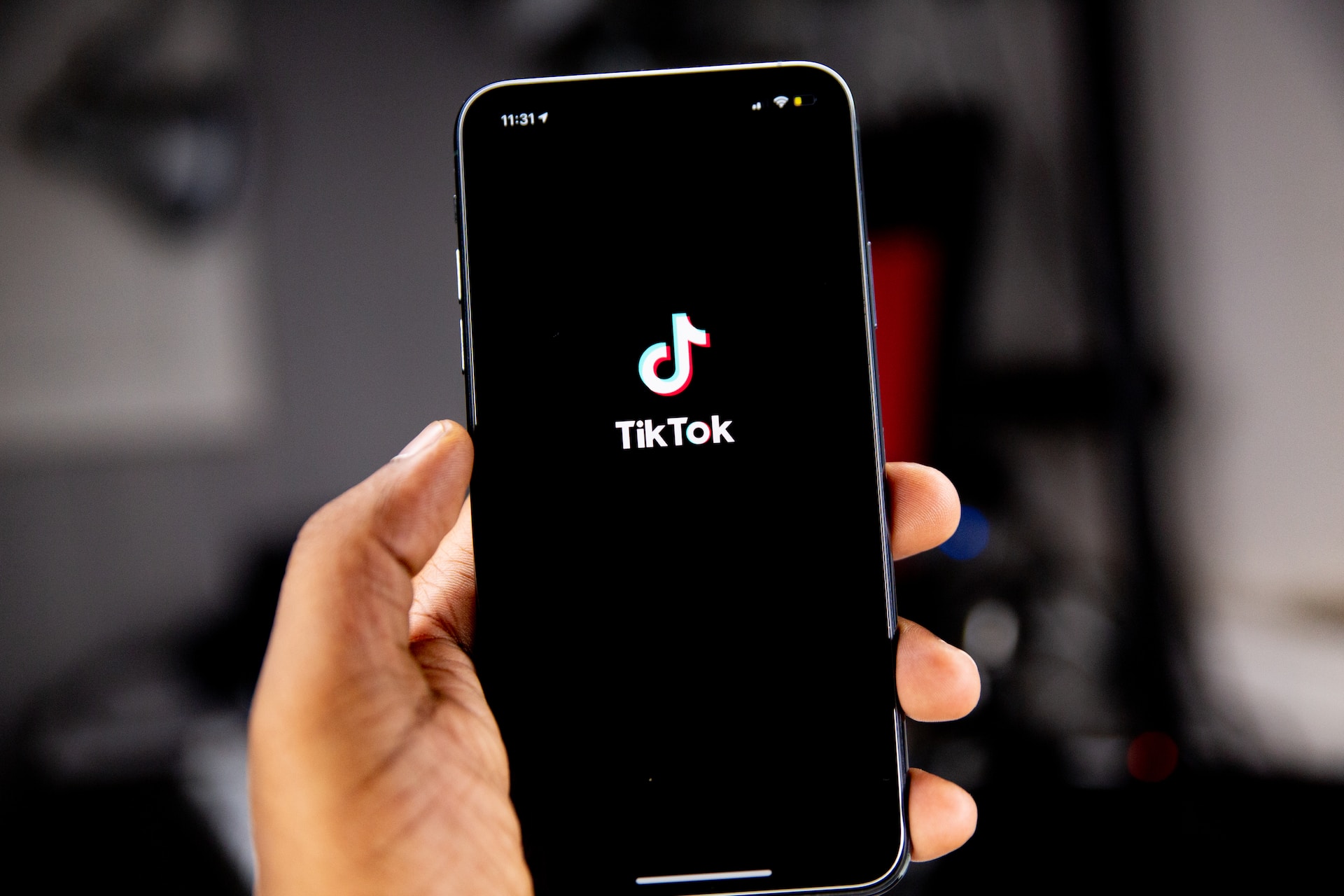In a swift response to a critical security threat, Google has patched a zero-day vulnerability in its Chrome browser that was being actively exploited by a commercial spyware vendor. The vulnerability, identified as CVE-2023-5217, was a heap buffer overflow in vp8 encoding within the libvpx
Latest News
Cybersecurity researchers have discovered a new and concerning malware strain known as ZenRAT. This malicious software is taking advantage of unsuspecting Windows users by masquerading as Bitwarden, a trusted, open-source password manager. ZenRAT's intent is not to safeguard your passwords but to
A significant data breach has hit the Better Outcomes Registry & Network (BORN), exposing the sensitive personal and health information of approximately 3.4 million individuals. BORN Ontario, a major perinatal and child registry, collects and shares essential data related to pregnancy, birth,
The notorious Android banking Trojan, Xenomorph, has widened its attack spectrum to target customers of over two dozen major US and Canadian banks and several cryptocurrency wallets, including Bitcoin, Binance, and Coinbase. According to BleepingComputer, the trojan initially emerged in early 2022,
Cybersecurity researchers have uncovered a sophisticated phishing campaign that targets hotels, booking sites, and travel agencies, designed to steal the financial data of customers. The hackers compromise and then send phishing messages via the affected service’s official communication channels —
In a united front against the escalating threat of Snatch ransomware, the Federal Bureau of Investigation (FBI) and the Cybersecurity and Infrastructure Security Agency (CISA) have issued a critical joint advisory, warning organizations across various sectors including IT, defense, food, and
TikTok, the widely-used video-sharing platform, is currently grappling with a wave of cryptocurrency giveaway scams. These are misleadingly employing the likeness of tech magnate Elon Musk and his associated brands Tesla and SpaceX. The videos, posted hourly, often employ deep fake technology to
Meta is facing warnings from the UK government regarding its plans to implement end-to-end encryption (E2EE) on Messenger and Instagram. The government has expressed concerns that this move could compromise the detection of child sexual abuse material (CSAM). Meta had previously announced its
The demand for VPNs in Azerbaijan shot upward following a temporary TikTok ban enforced by the local government. The restriction came after the country launched military offensives against Nagorno-Karabakh on September 19. Nagorno-Karabakh is a landlocked region within Azerbaijan’s territorial
In a significant security oversight, Microsoft's AI research team inadvertently exposed 38 terabytes of the company's confidential data. The breach was discovered by cloud security startup Wiz, and occurred due to an incorrectly configured link to a bucket of training data containing open-source









